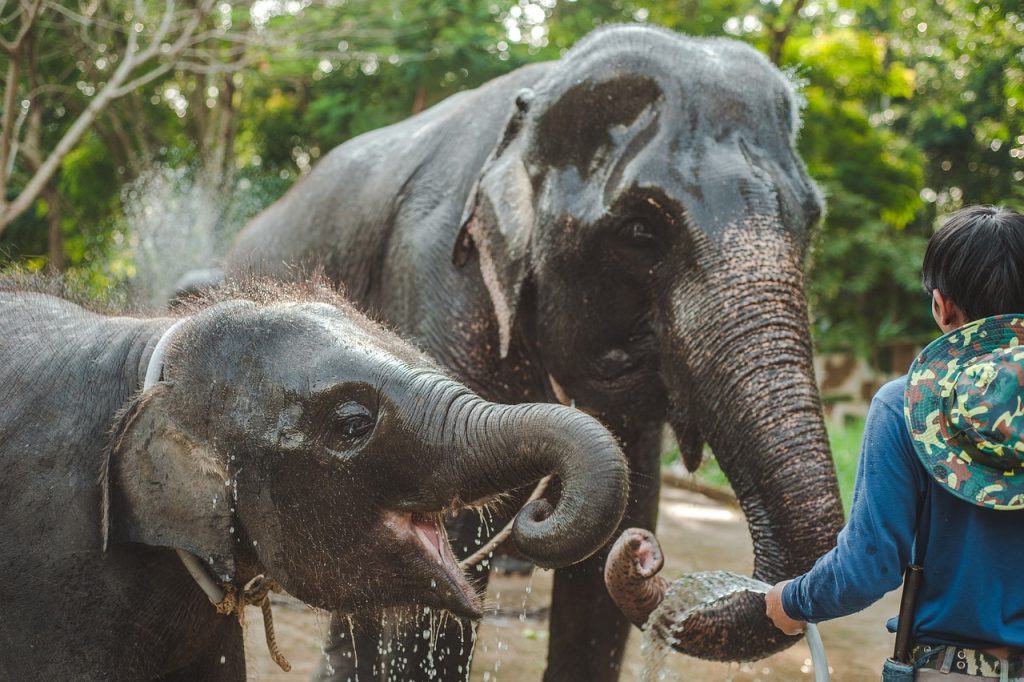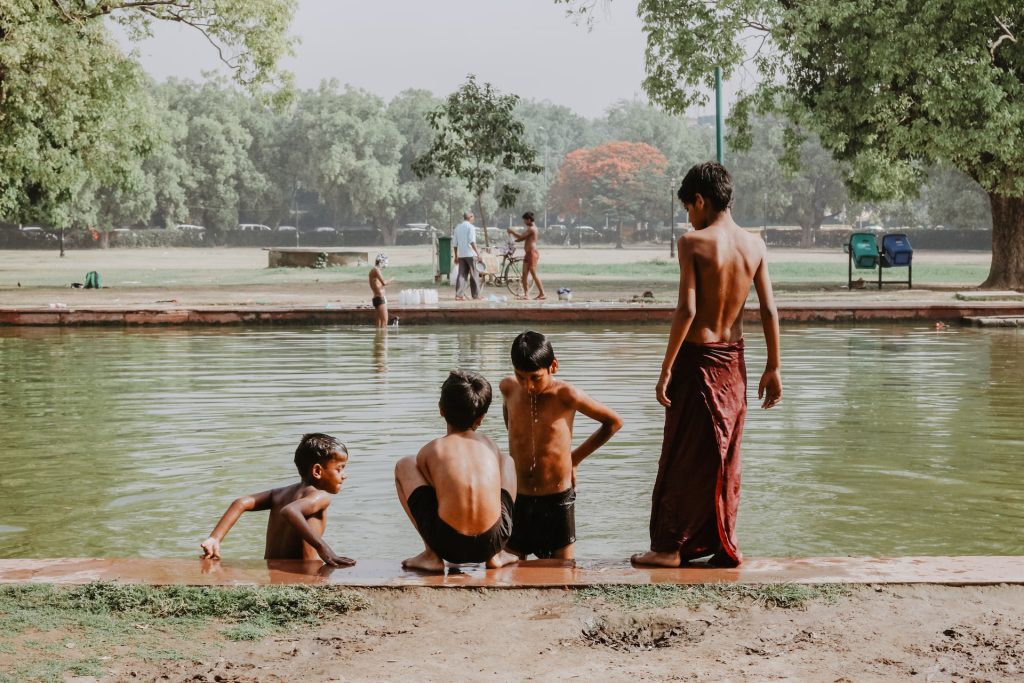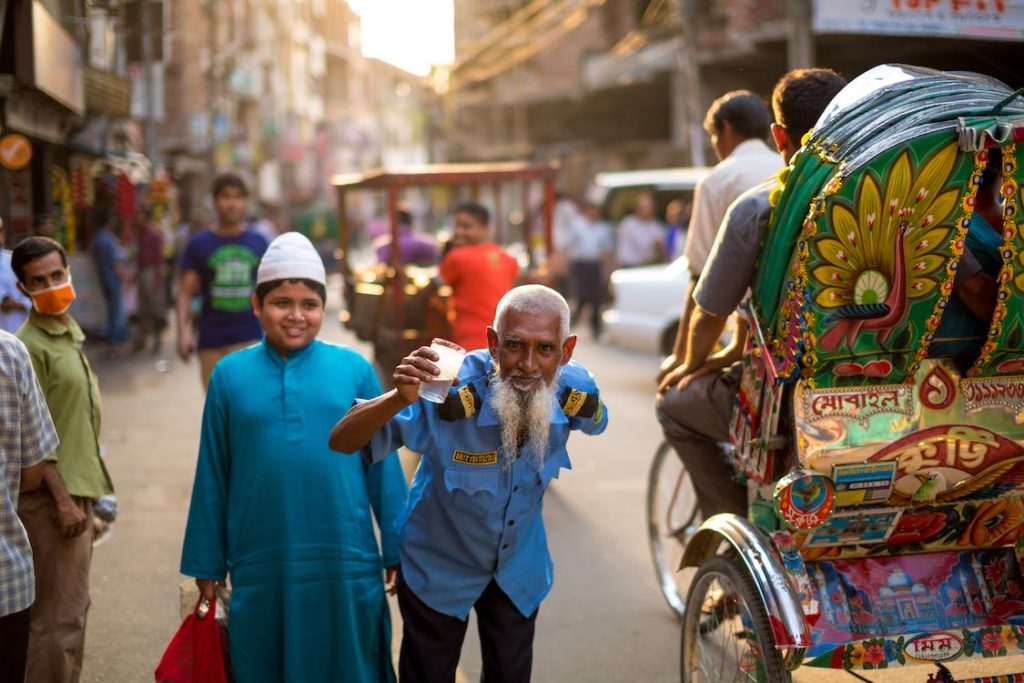Cambodia, a country rich in cultural heritage and natural beauty, is facing significant challenges in ensuring access to clean and safe water for its population. While remarkable progress has been made, there are still numerous hurdles to overcome before Cambodian water becomes safe and accessible to all its people.
This article delves into the current state of Cambodia’s water resources — the Cambodian water crisis — the impact of environmental degradation on clean water access, the plight of environmental activists, and the critical role of education in promoting hygiene and water sanitation.
Moreover, we explore the implications of rights-abusing laws and the pressing need for adequate living standards. By acknowledging these challenges and working collaboratively, we can pave the way for a brighter and healthier future for the people of Cambodia.
A Vision for the Future of Cambodian Water
Cambodia’s water resources hold the potential for transformative change in the lives of its people. Ensuring equitable access to clean water and proper sanitation is not only crucial for improved health and well-being but also for fostering economic growth and sustainable development. By investing in water infrastructure and promoting responsible water management practices, Cambodia can build a future where every individual has access to safe drinking water. On a positive note, Prime Minister Hun Sen has promised that 100% of Cambodian citizens should have access to clean, running water by 2025.
Cambodia’s Access to Clean Water
Access to clean Cambodian water remains a pressing issue, particularly in rural areas. Despite efforts to improve water sources, a substantial portion of the population still lacks access to safe drinking water. Challenges include the need for more extensive water treatment facilities, protection of water sources from contamination, and equitable distribution of water resources across the country.
Environmental Degradation
Cambodia’s lush landscapes and diverse ecosystems are threatened by environmental degradation, which includes deforestation, soil erosion, and water pollution. Irresponsible agricultural practices and rapid urbanization contribute to the depletion of water resources, leading to a diminished supply of clean water for communities. Human waste is also a significant barrier to clean water supply, and creates a high likelihood for contaminated water sources.
Attacks Against Environmental Activists
Environmental and political activists in Cambodia face significant threats and attacks due to their efforts to protect natural resources and raise awareness about environmental issues. The lack of proper legal protection for activists under the Cambodian government hinders their ability to advocate for water conservation and sustainable practices, putting their lives and well-being at risk.
Where Safe Water and Education Flow
Access to safe water and education go hand in hand. Schools play a crucial role in promoting hygiene education and raising awareness about the importance of clean water. Integrating water and sanitation education and increasing hand washing facilities into the curriculum can empower future generations to become stewards of water resources and promote behavioral changes that ensure water sustainability.

New Rights-Abusing Laws and Bills
Cambodia has faced criticism for implementing rights-abusing laws and bills that stifle freedom of expression, assembly, and media. These restrictions can hinder advocacy efforts related to clean water access and environmental conservation, limiting the dissemination of crucial information and hindering collaborative initiatives.
Water Crisis Facts About Cambodia
Cambodia’s water crisis is a multifaceted issue that demands urgent attention. Rapid population growth, inadequate water management, and the impact of climate change exacerbate the challenges of ensuring sufficient clean water for all. Over-extraction of groundwater, contamination from industrial activities, and ineffective wastewater treatment further strain water resources.
Lack of Hygiene Education and Infrastructure
A lack of hygiene education and inadequate sanitation infrastructure perpetuate the cycle of waterborne diseases and health issues in Cambodia. To break this cycle, comprehensive hygiene education programs must be implemented, alongside investments in proper sanitation facilities, to improve public health outcomes.

Freedom of Media
Media freedom is crucial for disseminating information about water-related issues and environmental challenges. Ensuring a free press enables journalists and activists to report on environmental issues, hold responsible parties accountable, and advocate for sustainable water management practices.
Lack of Adequate Standard of Living
A significant portion of Cambodia’s population still struggles with poverty and inadequate living conditions, including limited access to clean water and proper sanitation. Addressing this issue requires comprehensive poverty alleviation strategies that prioritize water access, education, and infrastructure development.
Common Questions About Cambodian Water
How do Cambodian communities manage water scarcity during drought periods?
Cambodian communities often resort to water conservation methods such as rainwater harvesting, community water-sharing systems, and implementing water-saving practices during drought periods.
Are there any ongoing international collaborations to address Cambodia’s water crisis?
Yes, several international organizations and NGOs collaborate with the Cambodian government to improve water infrastructure, implement water management programs, and enhance access to clean water.
What role can traditional knowledge and practices play in sustainable water management in Cambodia?
Traditional knowledge and practices can contribute to sustainable water management by promoting efficient water use, conservation techniques, and the preservation of water sources.
How does Cambodia handle water pollution from industrial activities and urban runoff?
Cambodia is working to enforce stricter regulations on industrial waste disposal and improve wastewater treatment systems to address water pollution issues.
What initiatives are in place to involve the private sector in supporting clean water access in Cambodia?
Some initiatives involve partnerships between the private sector and NGOs to invest in water infrastructure, promote responsible water use, and address water challenges in vulnerable communities.
How does climate change affect Cambodia’s water resources, and what adaptive measures are being taken?
Climate change impacts Cambodia through changes in precipitation patterns and sea-level rise. Adaptation measures include water conservation, reforestation, and implementing climate-resilient water management strategies.
How can individuals and organizations around the world support Cambodia’s efforts in achieving universal access to clean water?
Individuals and organizations can contribute by supporting reputable NGOs working on water projects in Cambodia, raising awareness about the water crisis, and advocating for sustainable water management practices at the global level.
Together, We Can Change Lives
The challenges of the Cambodian water crisis may seem daunting, but collective action and international cooperation can make a tangible difference. By supporting local initiatives, advocating for sustainable water practices, and addressing underlying issues such as poverty and environmental degradation, we can work towards a future where clean water is a reality for every Cambodian.


